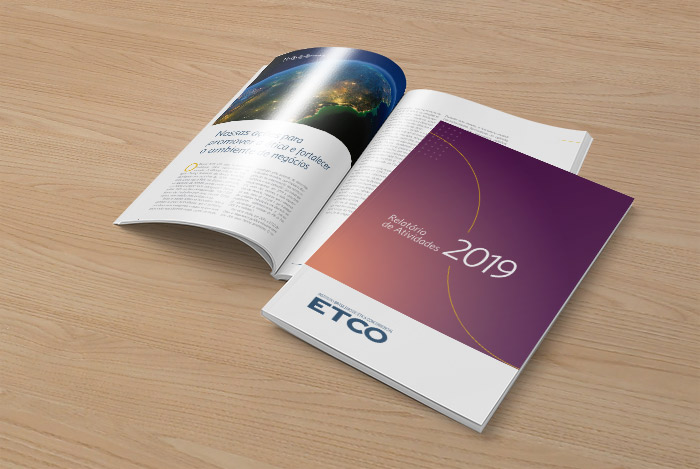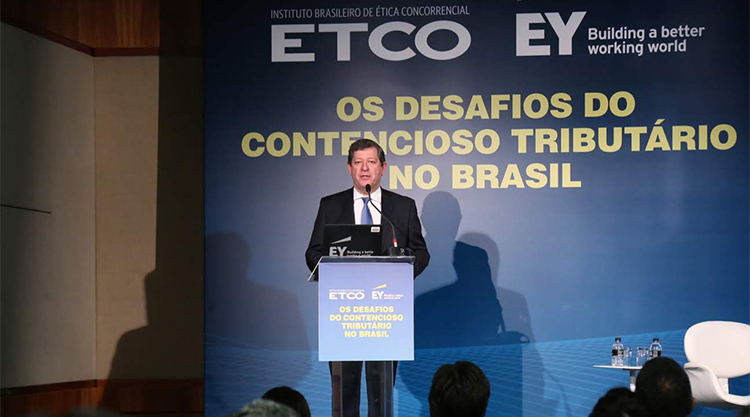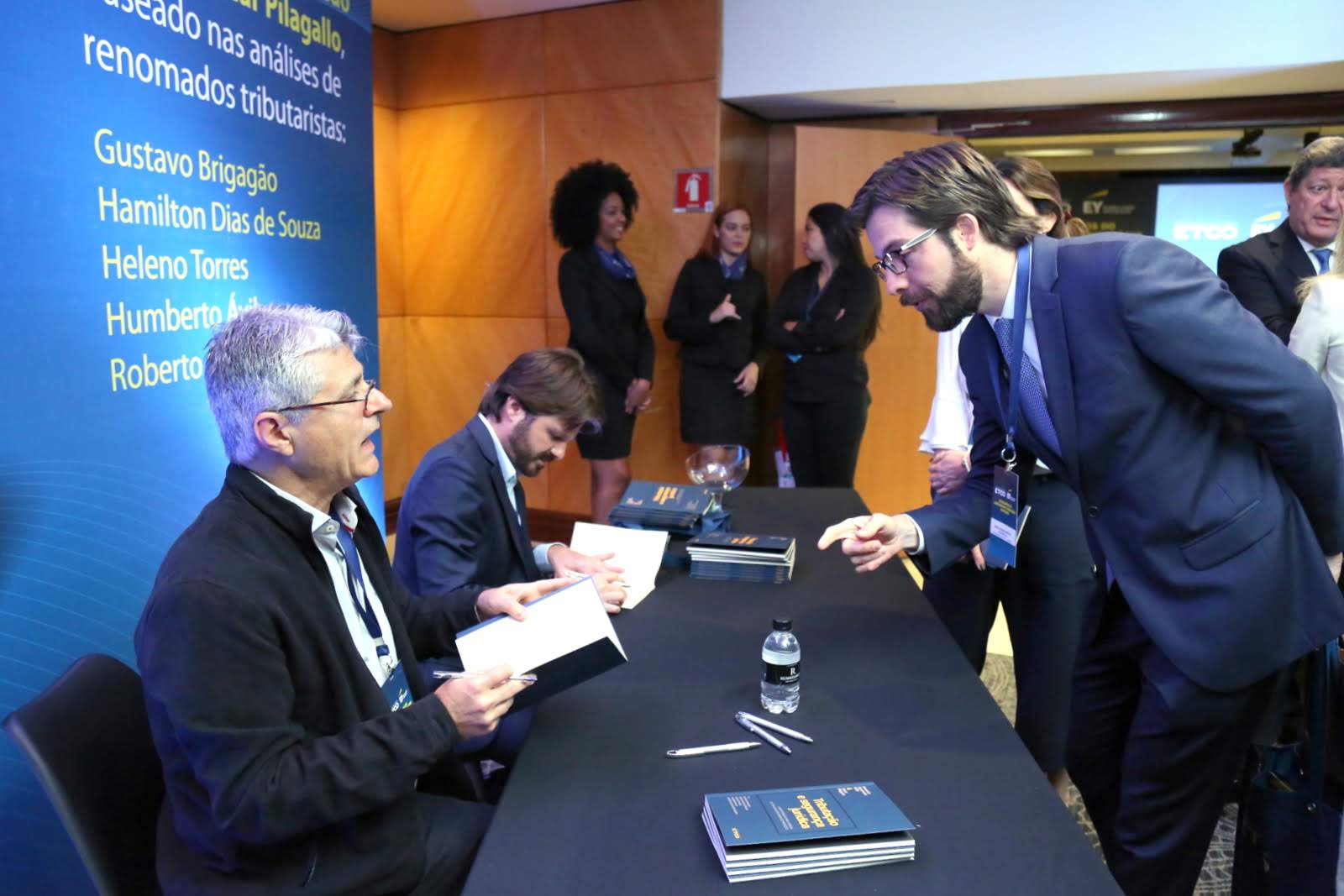The very exceptional circumstance that humanity is experiencing is an obstacle to reflections that allow us to understand the present time and produce some type of contribution. Our ignorance, impotence, anguish and fear prevail.
Apparently eating a wild animal infected by a virus was able to stop the world and cause suffering on a global scale. The real expression of an allegory of the Butterfly Effect, extracted from Chaos Theory, has never been so painful: “a butterfly flaps its wings in Beijing and produces an earthquake in San Francisco”.
Exploring the origins and spread of Covid-19 should only serve to understand the pandemic and support the development of prevention theories. Blaming people or governments is completely useless, if not a symptom of mental alienation. It would also promote unforgivable injustices.
The pandemic has complex and probably unverifiable causality, in the light of current science. The virus has no nationality. The problem is with humanity.
This picture brings out the intrinsically contradictory human nature, in which the selfishness associated with the survival instinct and solidarity, generosity and opportunism - often, delinquent - coexist, good and evil coexist. The hope is that the spirits of people of good will prevail.
I participated actively in the face of serious international and domestic economic crises, in the FHC Government. I know how much serenity, determination and creativity were required to overcome them. Well, none of them even touches the intensity, scope, unpredictability and persistence of the crisis arising from Covid-19.
From this confrontation, I extracted some lessons that can be of some use, even though punctual and modest in the face of a cyclopic crisis.
I risk, by imposition of solidarity, humbly subjecting them to debate. I do not intend to be right, but help in the limit of my knowledge and experience.
We are facing a catastrophe with equivalent consequences, mutatis mutandis, collision with an asteroid, a natural disaster on a planetary scale or a nuclear accident. It is not reasonable to deny the scale of the catastrophe. What is needed is to hope for the best, but prepare for the worst.
The suggestions are limited to the tax field, which, in the context, is merely subsidiary, since what counts as a priority, at the moment, is to save people, especially the sick, the vulnerable and the poor.
The first lesson to be observed is the flexibility of recommendation, creativity and collaboration.
I collect Charles Darwin's praise for flexibility in nature, translated into the ability to adapt, and which, at least in circumstances of extreme crisis, also applies to public management, including taxation: “It is not the strongest that survives, not the most intelligent, but the one that best adapts to changes ”.
Those responsible for tax policy cannot become prisoners of manuals, of no use in crisis situations. It is necessary to use creativity at the limit.
It would be tedious and useless to enumerate the creativity exercises practiced in crisis coping experiences that I lived. What was done was often unprecedented, not even raised in literature.
In the current crisis, the need for creativity is much higher. Dialogue, discuss problems thoroughly and do not stick to pre-existing models. It is the advice I can give to those on the front lines.
Collaboration is also an indispensable ingredient. Not only among federal entities, it is necessary to reach out to private tax professionals and taxpayers.
The second lesson concerns the imperative need to segregate the initiatives to face the crisis from those that will be adopted in the post-crisis. Trying to articulate these two classes of initiatives is to flirt with crucial mistakes.
Although it seems unsubstantiated, from the perspective of physics, the crisis has paralyzed time. This is fundamental evidence. It is as if there is only the present. Nothing more is known about the future.
Anyone who projects the future is wrong, based on pre-existing knowledge about interest rates, foreign exchange, GDP, fiscal balance, asset values, prices, etc.
What if an effective vaccine or treatment comes along? What if, in a scenario of greater misfortune, new waves of the virus or its mutation appear?
Since there is a minimum of civilization, humanity has never been compelled to social isolation for a period that no one can estimate.
When we leave these caves, as are we, physically and psychically? How will the world be? Will we renegotiate relations with the environment worldwide, including in terms of urban occupation and prevention of natural disasters? Will we come to understand that tackling poverty requires everyone's competition, regardless of the jurisdictions of the states? Will severe health barriers be put in place for the transit of people and goods, to the detriment of globalization? Will the current consumption patterns yield to the essentiality thesis? Will limits on growth be imposed, as the Club of Rome has been advocating since 1972? Will there be a digital revolution in work and service provision, with repercussions on urban mobility, international transport, entertainment, tourism? How will the public health policies?
There are many questions, the answers of which, however, no one knows. Most likely, we have a new normal.
In how long and for how long, however, will the new normal prevail, considering the atavistic tendency of the human being to erase from memory everything that is pain and interdiction of pleasure?
The only certainty we have is that these are times of complete uncertainty. In this context, absolute caution is the only rational option.
In a wise lesson, John Maynard Keynes pointed out, in the “Treaty on Monetary Reform” (1923): “The long term is a misleading guide to current affairs. In the long run, we will all be dead. Economists put themselves in a comfort zone, totally useless, if in stormy seasons they can only say that when the storm passes, the ocean will calm down again ”.
It is, therefore, imperative to concentrate all efforts to overcome the crisis at the present time, removing deviations in concentration resulting from speculations about the future.
If the demand for flexibility, creativity and collaboration prevails and if there is a conviction for mindfulness in the present, tax policy must be based on the concept of a broad moratorium, provided for in our legal system.
The National Tax Code (CTN), arts. 151-155, provides the moratorium hypothesis, with ample operational flexibility: general or individual, specification or not taxes or sectors, federal or national scope, applicability or not to certain regions, etc.
Anyway, it is a proper instrument for calamity situations, whose flexibility, however, does not exclude the imposition of penalties for cases of fraud or simulation, in its own favor or that of third parties.
The choice of terms, sectors or taxes includes discretionary acts based on tax morality, which requires firmness and discernment.
The moratorium establishes the rule of law, as opposed to a scenario, not unfeasible, of civil disobedience.
The moratorium must, however, go further to achieve processes and procedures as well. For them, time also stopped.
Should be suspended, while the pandemic lasts, administrative judgments, official releases, losses (except for cases of contraband or practices that tend to make sanitary policies unfeasible), collection of active debt, requirement of accessory obligations, procedural deadlines, etc. Negative certificates must be extended for an equal period.
The Union must set an example and call for the adoption of measures by all federal entities. In this movement there can be no concession to bureaucratic mentalities, which do not see the scale of the catastrophe.
Ordinance No. 543, dated 20.03.2020, of the Federal Revenue of Brazil partially accepts the recommendations regarding the procedural and procedural moratorium. However, more boldness is needed, including regarding the moratorium on taxes. Also, remove the pretension of launches regarding the controversial prevention of decay and the presumption of fraudulent interposition of people.
It is not the time for controversy. Nor is it the time to harass taxpayers in the midst of economic debate. At least, for humanitarian reasons. It is now up to us to fight for survival.












